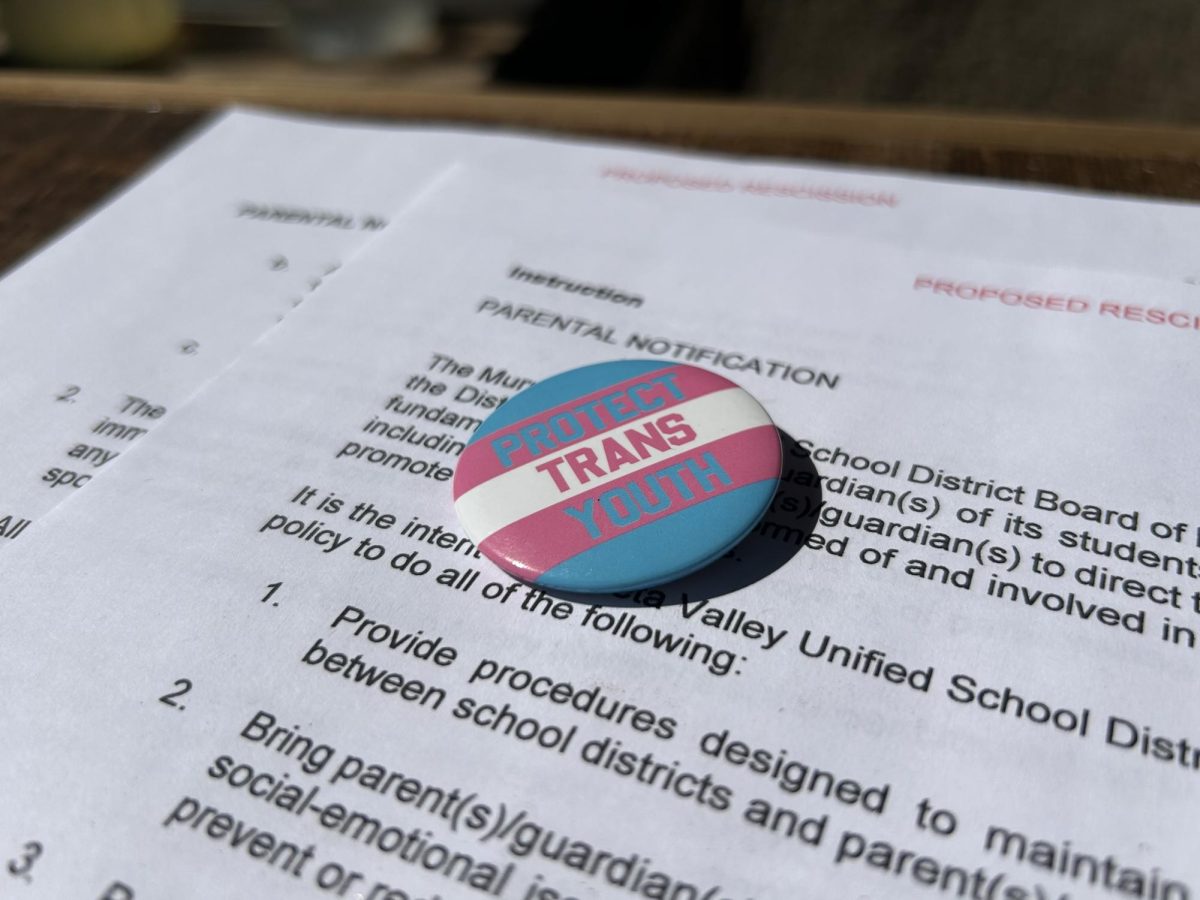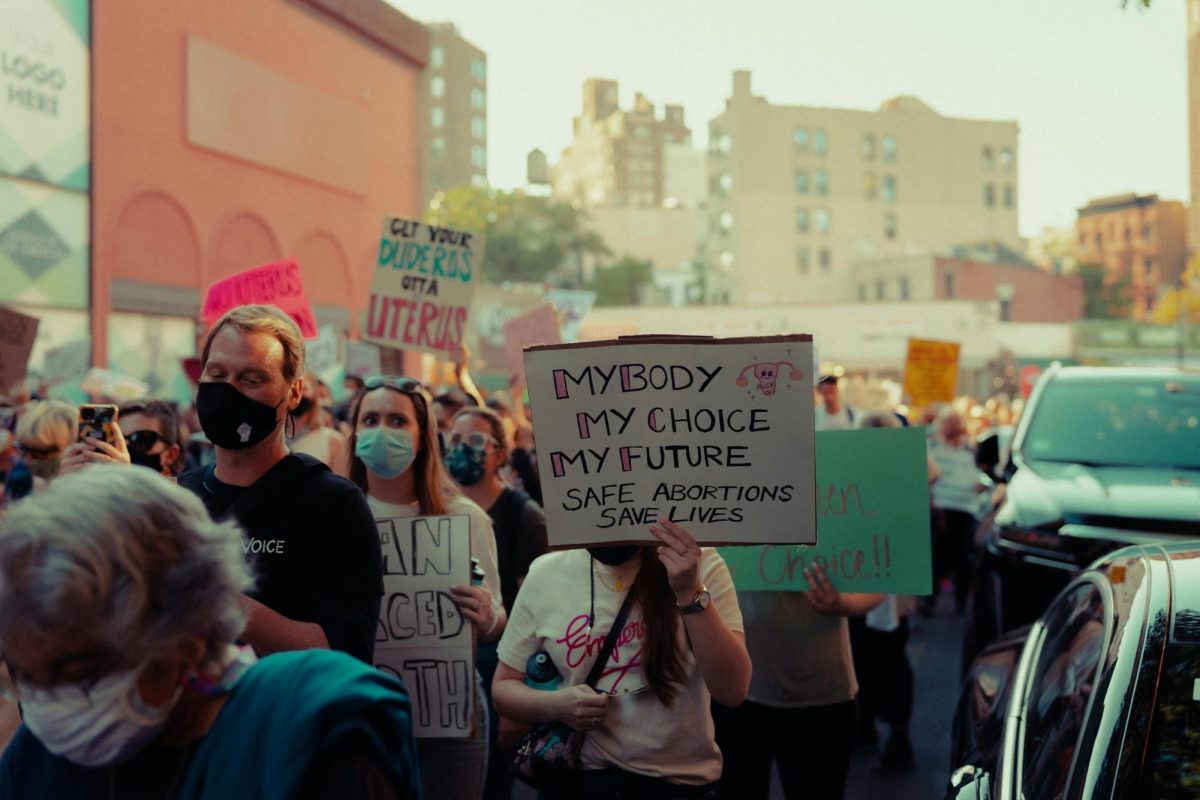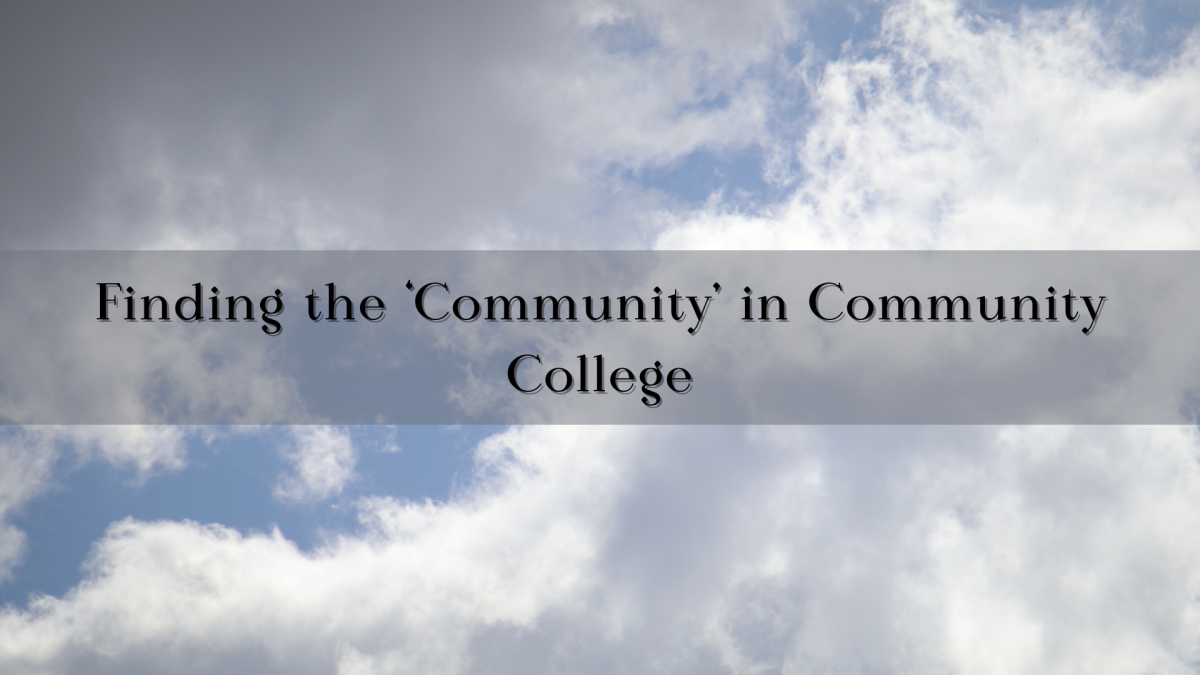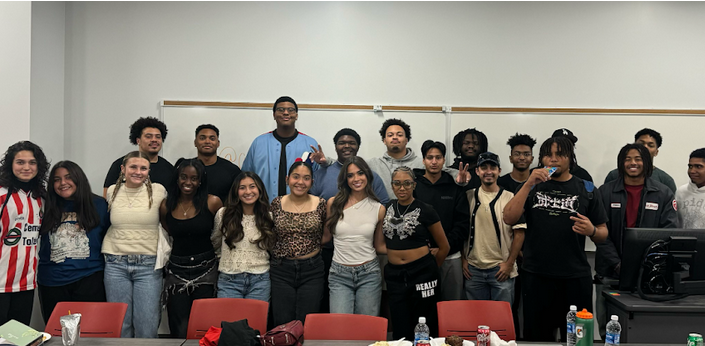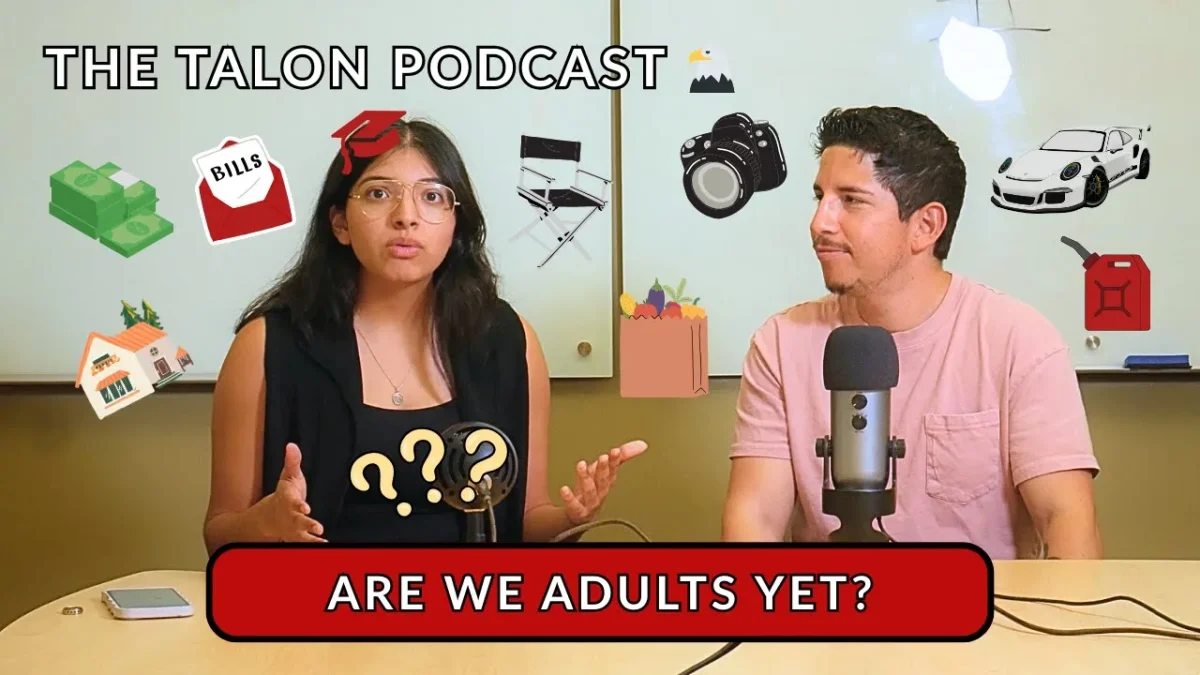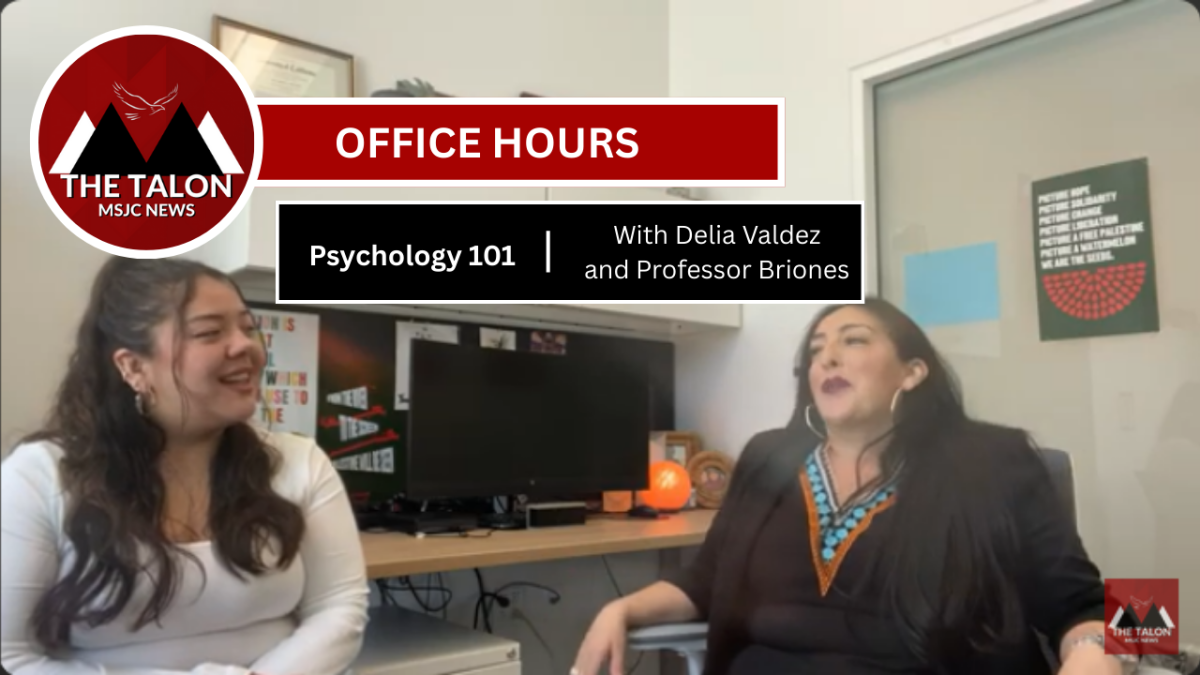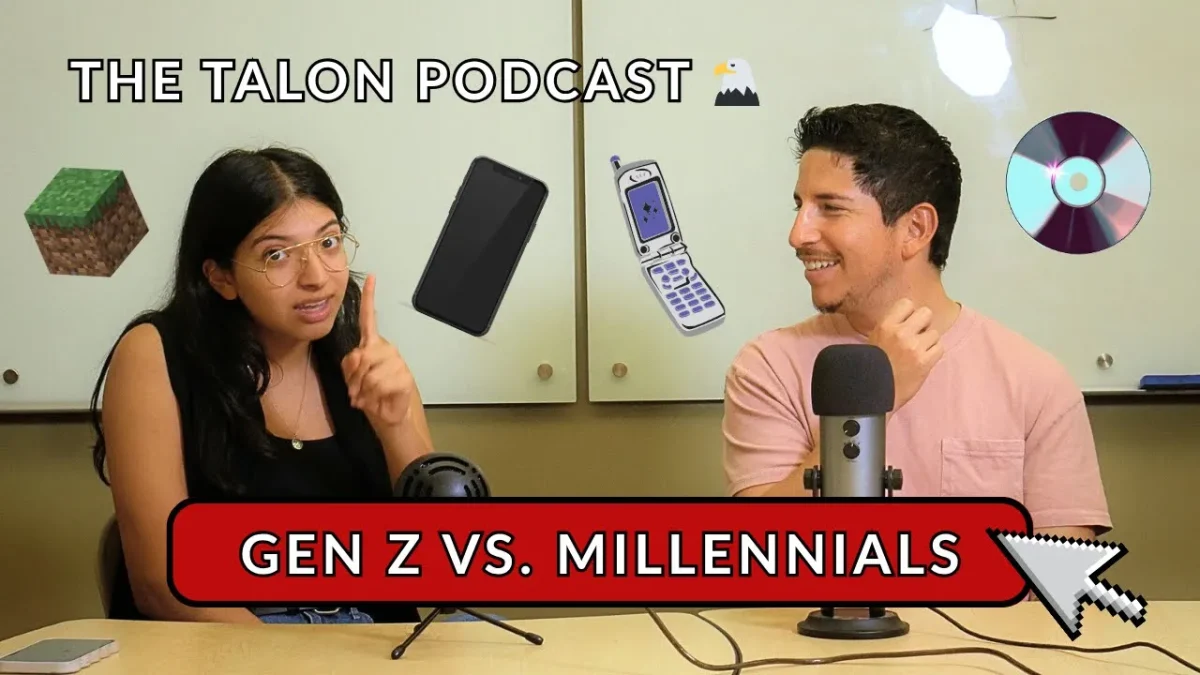COVID-19’s end has generated a surge of young adults looking to move back home. Living at home has always had a negative stigma. Some see it as moral defeat or laziness; however, with the cost of living only increasing, many young adults view moving in as their only way of obtaining economic security.
In 2020, two laws were passed to assist renters impacted financially due to the virus. The California COVID-19 Tenant Relief Act and the COVID-19 Rental Housing Recovery Act ensured temporary protections from eviction for those unable to pay rent. June 30th, 2023, was the final day those laws were upheld. Those who were dependent on assistance aid suddenly found themselves homeless.
A study by LendingTree on post-pandemic living arrangements found that two-thirds of young adults who moved back home during the pandemic still live with their parents. They also stated, “the younger you are, the less likely you are to have a significant amount of savings or a high-paying job” (Alaya, Dan, Xiomara, 2023). Those who moved back can see this opportunity as their last chance of salvation. This allows them to pay reduced rent, heighten their education, or build a savings account.
Young adults are attempting to better themselves by attending college, finding a stable job, and building their savings to live on their own once again. Living at home eases those burdens while securing their financial futures. According to Brenda Richardson, a writer for Forbes, “Of those who moved back home, 39% say they’ve been able to pay down their debt, while 31% are focused on saving for a down payment” (Richardson). Most who have moved back home have taken the opportunity to put their lives back together. Not everyone has fared well; the young adults who rely solely on their parents for their rent, expenses, and groceries fear they may never leave again.
Rent only continues to increase, and according to Jon Leckie, a writer for Rent.com, “On a longer-term basis, rents remain elevated. Since November 2019, months before the pandemic, prices have risen by more than 22 percent, adding $355 to monthly rent bills” (Leckie). According to Zillow, the median rent for all properties, including rent in California, is $2,795. With prices this high, it is no wonder why those are looking to move back home.
Groceries have also been affected by inflation. According to the US Inflation Calculator, “The average price of food in the United States increased 2.7% in the last 12 months” (USInflationCalculator). It will continue to grow throughout 2024 but slower than the previous year. Homeowners are finding groceries becoming more and more expensive, and the young adults at home can help pitch in, which benefits the whole household.

For young adults, college is one of many hurdles to securing a stable career. It’s well known that tuition is expensive. Throw in learning materials housing, if required, and it can all start to add up quickly. Marie, a student at San Jacinto Valley College, a private career college, was able to give us some insight into her current living arrangement. “I am glad my mom was able to take me in, rent in my last apartment was creeping up $2000 a month. I only pay a fraction of that living at home. I can contribute towards grocery costs, and chores don’t feel as overwhelming having someone to help you out”. When asked how she is managing financially, she added, “Houses are getting expensive. I have no clear path in becoming a homeowner. I may inherit the house when the time comes. I am focused on paying off my debts and tuition”. With the help of her mother, Marie cannot only better herself but also her mother benefits from having someone help pay for groceries and get household chores done. Those moving back home are relearning to live with their parents. They are finding home as comfortable as it was when they last left. As long as a mutual agreement between young adults and their parents is made, it’s as if they never left.
Young adults welcome moving back home, but how are the parents managing? Their baby birds left the coop years ago, but what happens when their young fly back home? Chelsea, a cashier at Food4Less, had recently had three young adult children move back home. When asked about her living arrangement, she stated, “It has been a mess; they are very spoiled and act like they own the place. They don’t help with chores or help with my financial burdens”. When asked why she continues to have them live with her, she stated, “It’s because I love them. They are my children, and I would hate to see any of them live on the street or end up in a worse situation”. Parents are naturally caring for their young, especially when it comes to facing uncertainties like their children battling homelessness; they would much rather take them in despite at-home conflicts. Times are tough, and mutual respect between parents and their children must be met to ensure harmony at home.
The idea of moving back home can be taboo. Young adults may feel scared or apprehensive to ask such a favor from their parents. Moving out for the first time may feel like a triumph, and those would hate to see their efforts crashing back down. It has almost become the norm to see young adults living with their parents, and those should not feel ashamed about that idea. Many young adults are building their savings, paying off debt, and attending college. Many obstacles can feel less challenging when a parent’s help is involved financially and emotionally. Times are tough, prices are increasing, and the idea of becoming a homeowner any time soon can feel like it’s slowly fading away. Both parents and young adults must learn how to co-exist again to secure their financial futures.










